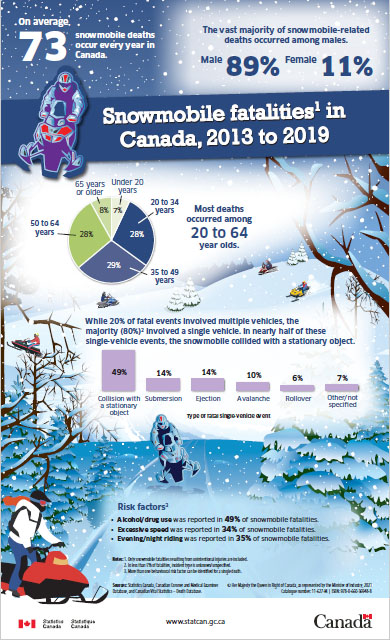The following article, submitted by International Representative Richard MacIntosh, was posted in the Edmonton Journal on January 22, 2021.
Investment in green technology will be critical, Richard MacIntosh writes.
When it comes to Canada’s natural resources, I can almost chant the numbers: 909 resource communities, 1.9 million jobs, $86 billion in investment.
Canada is No. 1 in the world for producing potash, No. 1 for canola, No. 2 for uranium, No. 5 for gold, No. 10 for copper. And No. 3 in the world for the area of forests and for oil reserves.
We now need all our resources to play their role in Canada’s recovery from the pandemic slump, and in Alberta and other provinces where resources underpin the economy. Investments in innovation and technology to support natural-resource development for the energy industry are vital, and create a win-win story for people and the environment.
Governments need to support such initiatives, which enable us to be greener when we extract, process, export and use energy resources. We rank No. 2 on the Global Clean-tech Innovation Index and have made real progress in tackling greenhouse-gas emissions from the oilsands and the oil and gas industry. But there’s more to be done.
We need to take a good look, for example, at the opportunities hydrogen can bring — in employment, wages and tax base — along with its zero emissions when used as a fuel.
Around the world, there are more than 1,800 LNG-fuelled electricity plants in various stages of construction. There is room to convert these to hydrogen, with small changes to the fuel-delivery system. I am a boilermaker, and I know. Canada can provide LNG, yes; but we can also provide hydrogen.
We also need to step up carbon-capture technology, which can decrease Canada’s carbon leakage, and at the same time create employment opportunities.
Look at three carbon-capture projects we have done in Canada: Boundary Dam in Saskatchewan, Shell Quest in Alberta, and the NWR Sturgeon refinery, also in Alberta. They created 6,121 total jobs, $1.6 billion in wages and benefits and generated $2.7 billion in GDP across Canada.
A Canadian white paper on large-scale carbon capture proposes a refundable capital tax credit provided in advance of construction of carbon-capture facilities, a tax credit focused on expenditures during the study and design phase of a project, and a production tax credit, similar to that of the 45Q incentive in the United States, to address competitiveness issues. Can we move on these?
And let’s consider some common sense in efficiencies: Why did we have to send 450,000 barrels of Alberta oil by tanker through the Panama Canal to New Brunswick, a journey of 12,000 kilometres in total? Because we don’t have pipeline capacity to do it.
Canada needs to support our own industries before we support the industries of other countries. We should build a pipeline across the country to deliver our oil to Canadians. And we can build a power line so Quebec can export its hydroelectricity.
As a union guy, I have to plead with governments to bring unions into the discussion about the future. They understand resource development and economics.
What does labour want to see from governments? Ensure job creation:
- establish a regulatory and policy environment that encourages investment in industry in order to get Canadians back to work;
- co-ordinate with industry to address pending labour shortages and the disruption of the natural-resources sector’s labour force;
- work with provinces and territories to modernize Canada’s education and training systems to better support lifelong learning;
- emphasize flexible, affordable training and continued skills development;
- enhance skilled-workforce mobility;
- advance Indigenous employment by working with their governments;
- increase employment retention and readiness for skills development;
- step up training on the economy. We train people to become great workers in this country, but we do not take the time to explain how the economy works.
There’s a prescription for economic recovery and the economic future.
Richard MacIntosh is an international representative for the International Brotherhood of Boilermakers Canada and serves as the Boilermakers international assistant director of climate-change policy solutions. The union is also an adviser to the Task Force for Real Jobs, Real Recovery.


